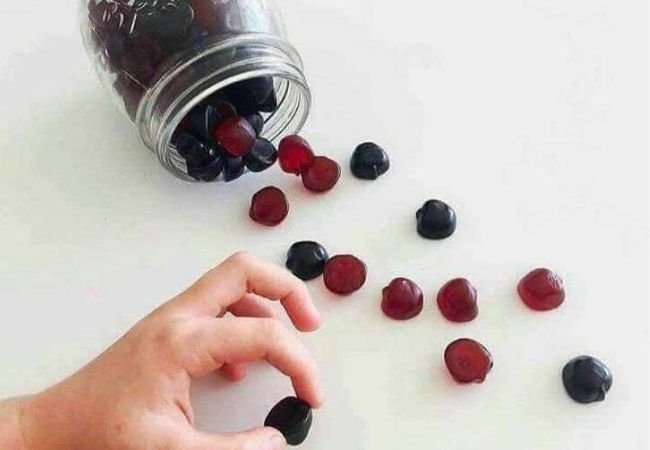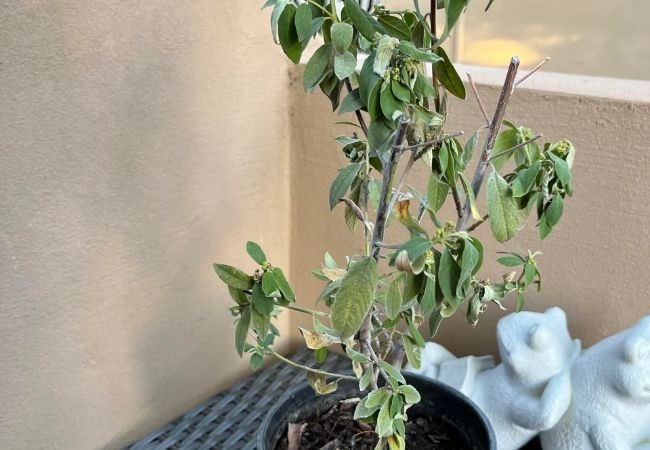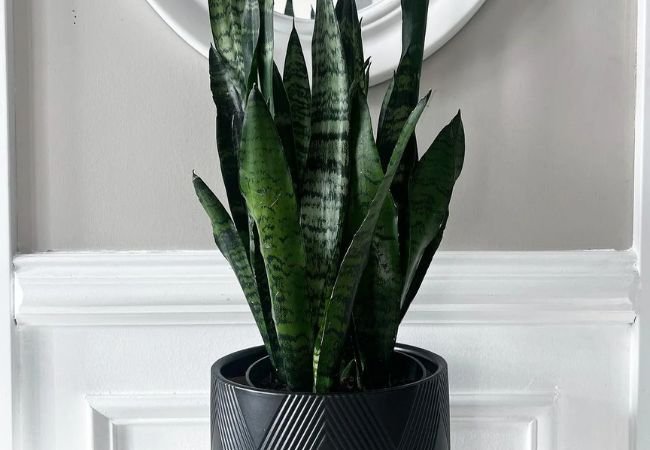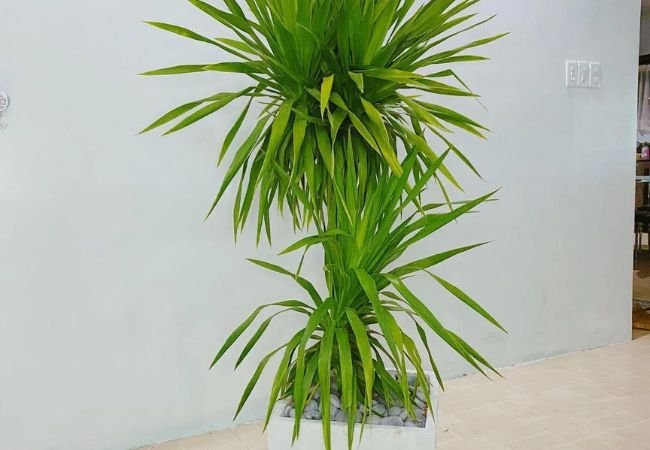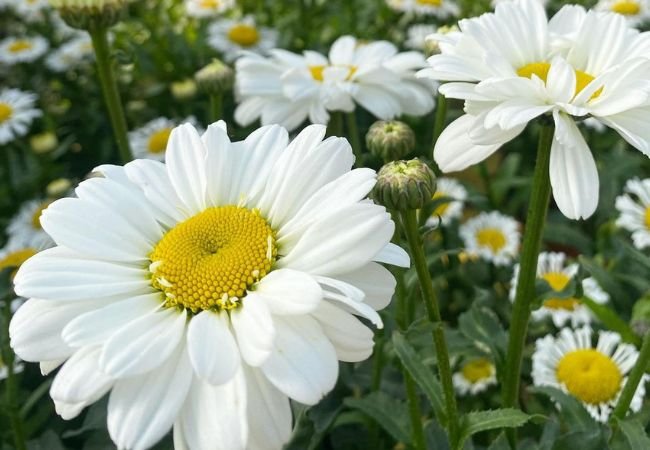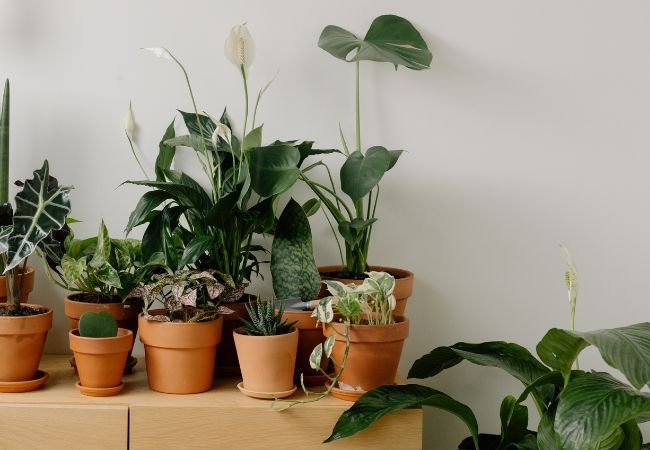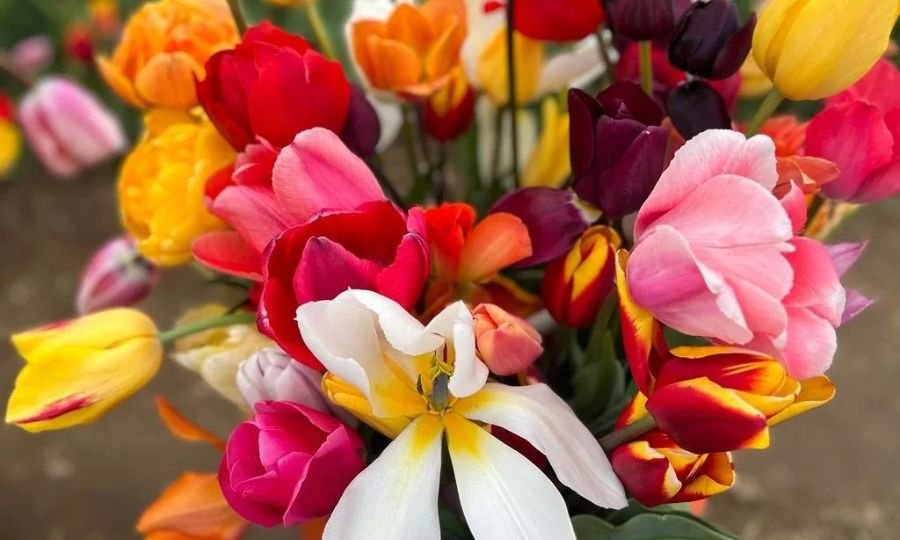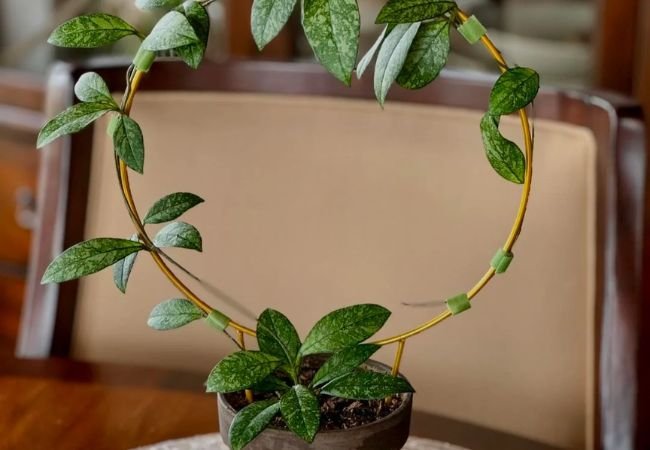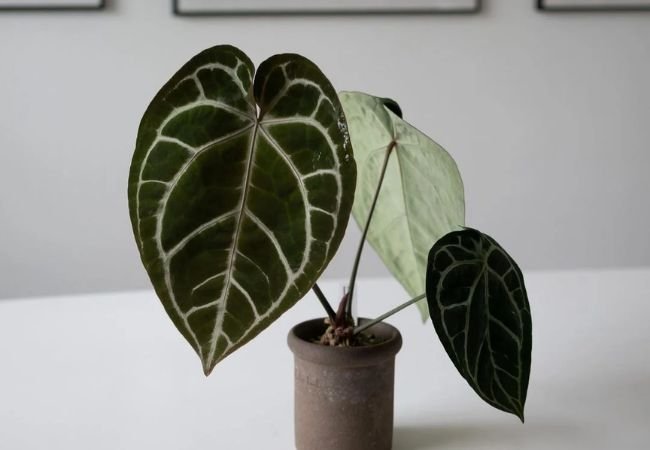Discover everything you need to know about garden gummies. Learn what garden gummies are, their benefits and how to use them to enhance your gardening experience.
Have you heard about garden gummies? These little helpers are making waves in the gardening world. If you’re curious about what they are and how they can help your plants grow better, you’re in the right place. Let’s dig into everything you need to know about garden gummies.
What Are Garden Gummies?
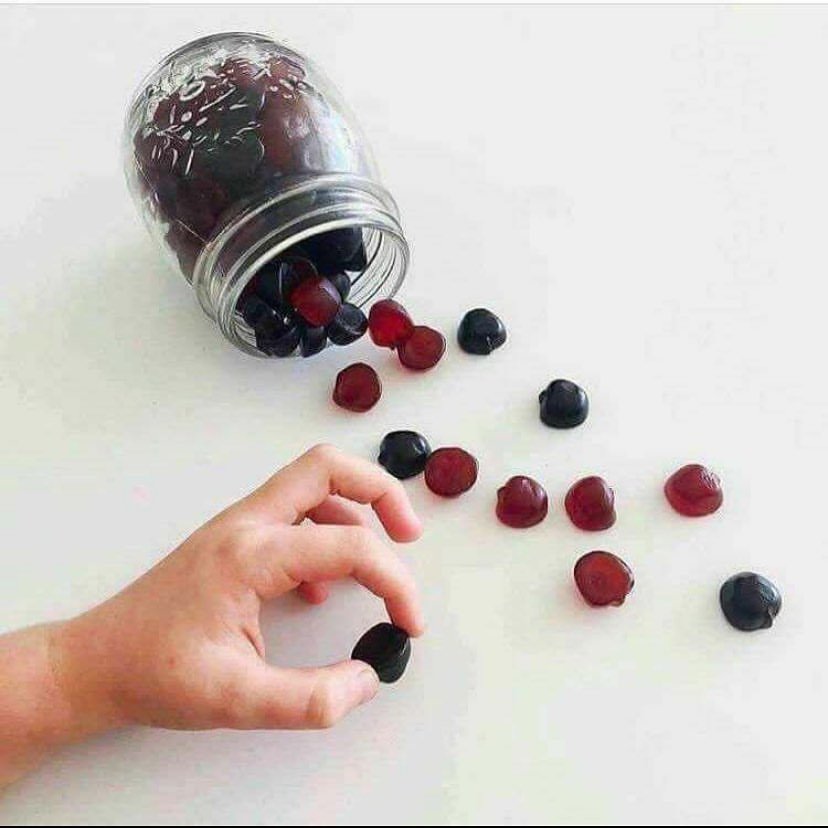
Here’s a short information chart about Garden Gummies:
| Product Name: | Garden Gummies |
|---|---|
| Description: | Fruit-flavored gummy candies made with real fruit juice and natural colors. Perfect for snacking or as a treat. |
| Varieties: | Comes in assorted flavors such as strawberry, orange, lemon and grape. |
| Ingredients: | Real fruit juice, gelatin, sugar, natural colors (from fruits and vegetables), citric acid. |
| Packaging: | Typically sold in resealable bags or small individual packs for convenience. |
| Target Audience: | All ages, particularly popular among children and health-conscious adults. |
| Features: | Gluten-free, no artificial flavors or preservatives, made with non-GMO ingredients. |
| Availability: | Available in supermarkets, health food stores and online retailers. |
| Manufacturer: | Produced by Garden Goodies Inc., known for their natural and organic snack products. |
Garden gummies are small, jelly-like pods filled with plant food. They’re designed to slowly release nutrients into the soil over time. Think of them as vitamins for your plants. Just like you might take a daily vitamin to stay healthy, plants can benefit from these nutrient-packed gummies.
How Do Garden Gummies Work?
When you put a garden gummy in the soil near your plant, it starts to break down slowly. As it breaks down, it releases nutrients into the soil. Your plant’s roots then soak up these nutrients. This process happens over several weeks or even months, depending on the type of gummy.
The slow-release method is key. It means your plants get a steady supply of food, rather than getting too much at once. This can lead to healthier, stronger plants over time.
Benefits of Using Garden Gummies
- Easy to Use: You don’t need to be a gardening expert to use garden gummies. Just pop them in the soil and you’re done.
- Less Mess: Unlike traditional fertilizers, gummies don’t leave a mess or strong smell.
- Long-Lasting: One gummy can feed your plant for weeks or months, saving you time and effort.
- Balanced Nutrition: Garden gummies often contain a mix of nutrients, giving your plants a well-rounded diet.
- Reduced Risk of Over-Fertilizing: The slow-release nature of gummies makes it harder to give your plants too much food at once.
Types of Garden Gummies
There are different types of garden gummies for different needs:
- All-Purpose Gummies: These work for most plants and provide a balanced mix of nutrients.
- Vegetable Gummies: Specially made for vegetable gardens, these often have extra nutrients that veggies need.
- Flower Gummies: These are designed to help flowers bloom more and look brighter.
- Indoor Plant Gummies: Made for houseplants, these often release nutrients more slowly to suit the indoor growing environment.
- Organic Gummies: These are made from natural ingredients and are great for organic gardeners.
How to Use Garden Gummies
Using garden gummies is simple:
- Check the Package: Read the instructions to see how many gummies your plant needs.
- Dig a Small Hole: Make a hole near your plant’s base, about 2-3 inches deep.
- Place the Gummy: Put the gummy in the hole.
- Cover with Soil: Fill the hole back up with soil.
- Water: Give your plant a good watering to help the gummy start breaking down.
Remember, more isn’t always better. Stick to the recommended amount to avoid overfeeding your plants.
When to Use Garden Gummies
You can use garden gummies any time during the growing season. However, they’re especially helpful:
- When planting new seeds or seedlings
- At the start of spring when plants are waking up
- During the main growing season for vegetables and flowers
- When your plants look like they need a boost
Garden Gummies vs. Traditional Fertilizers
Garden gummies and traditional fertilizers both feed plants, but they work differently:
Garden Gummies
- Slow-release
- Easy to use
- Less risk of over-fertilizing
- Can be more expensive per use
Traditional Fertilizers
- Fast-acting
- Require more frequent application
- Can be cheaper per use
- Higher risk of over-fertilizing if not used carefully
Which is better? It depends on your needs. If you want a low-maintenance option and don’t mind spending a bit more, garden gummies might be perfect for you. If you prefer more control over your fertilizing schedule and don’t mind the extra work, traditional fertilizers could be the way to go.
Are Garden Gummies Safe?
Garden gummies are generally safe to use. They’re designed to break down naturally in the soil. However, it’s important to keep a few things in mind:
- Keep Away from Pets and Children: While not toxic, they’re not meant to be eaten by anything except plants.
- Follow Instructions: Using too many can lead to nutrient buildup in the soil.
- Check Ingredients: If you’re an organic gardener, make sure to choose organic gummies.
- Consider Local Regulations: Some areas have rules about what can be put in the soil. Check your local laws if you’re unsure.
Making Your Own Garden Gummies
While store-bought garden gummies are convenient, you can also make your own. Here’s a simple recipe:
Ingredients
- 1 cup water
- 3 tablespoons unflavored gelatin
- 1/4 cup organic fertilizer
Steps
- Heat the water until it’s warm, but not boiling.
- Stir in the gelatin until it dissolves.
- Add the organic fertilizer and mix well.
- Pour the mixture into silicone molds.
- Let it cool and set in the fridge for a few hours.
- Pop out the gummies and use them in your garden.
Remember, homemade gummies won’t last as long as store-bought ones. Use them within a few weeks for best results.
Common Mistakes When Using Garden Gummies
Even though garden gummies are easy to use, there are some mistakes to avoid:
- Using Too Many: More isn’t always better. Stick to the recommended amount.
- Placing Them Too Close to the Stem: Put gummies near the plant’s drip line, not right next to the stem.
- Not Watering After Application: Water helps activate the gummies.
- Forgetting to Reapply: While long-lasting, gummies do eventually run out of nutrients.
- Using the Wrong Type: Make sure you’re using gummies suited for your plant type.
Garden Gummies for Different Plant Types
Different plants have different needs. Here’s a quick guide:
- Vegetables: Use vegetable-specific gummies or all-purpose ones. Apply when planting and again mid-season.
- Flowers: Flower gummies often have extra phosphorus for better blooms. Use them in spring and mid-summer.
- Herbs: All-purpose gummies work well. Use sparingly as many herbs prefer lean soil.
- Shrubs and Trees: Look for slow-release gummies designed for woody plants. Apply in spring.
- Houseplants: Indoor plant gummies are best. They release nutrients more slowly to match the indoor growing pace.
The Future of Garden Gummies
As more people discover gardening, products like garden gummies are likely to become more popular. We might see:
- More Specialized Types: Gummies for specific plant species or growing conditions.
- Eco-Friendly Packaging: To match the eco-conscious trend in gardening.
- Smart Gummies: Imagine gummies that change color when they’re used up!
- Combination Products: Gummies that also help with pest control or water retention.
The gardening world is always changing, and garden gummies are part of that evolution.
Garden gummies are a simple, effective way to feed your plants. They offer a slow-release source of nutrients that can help your garden thrive with less work from you. Whether you’re a seasoned gardener or just starting out, garden gummies could be a great addition to your gardening toolkit.
Remember, every garden is unique. What works in one might not work in another. Don’t be afraid to experiment and find what works best for your plants. Happy gardening!

